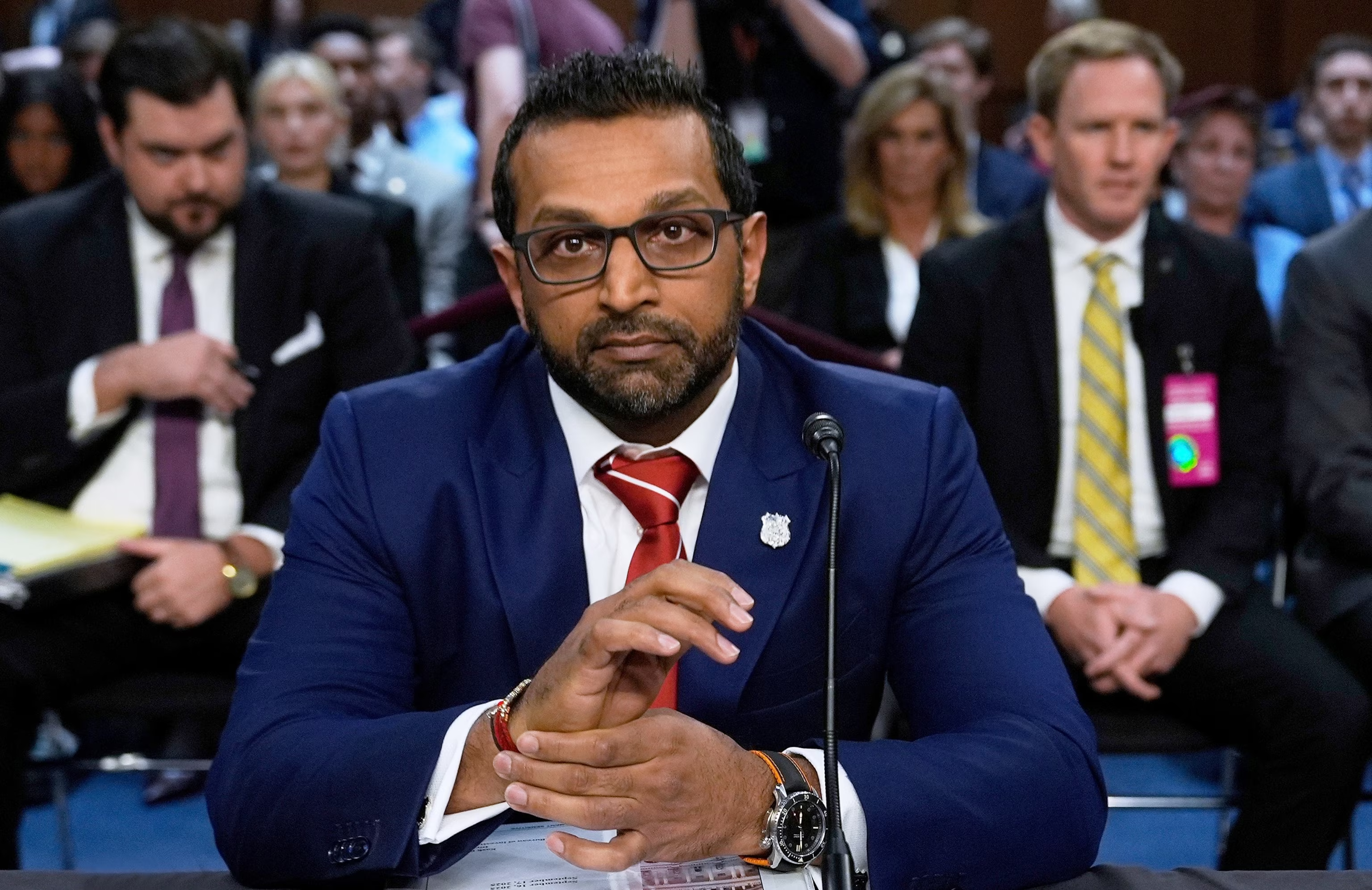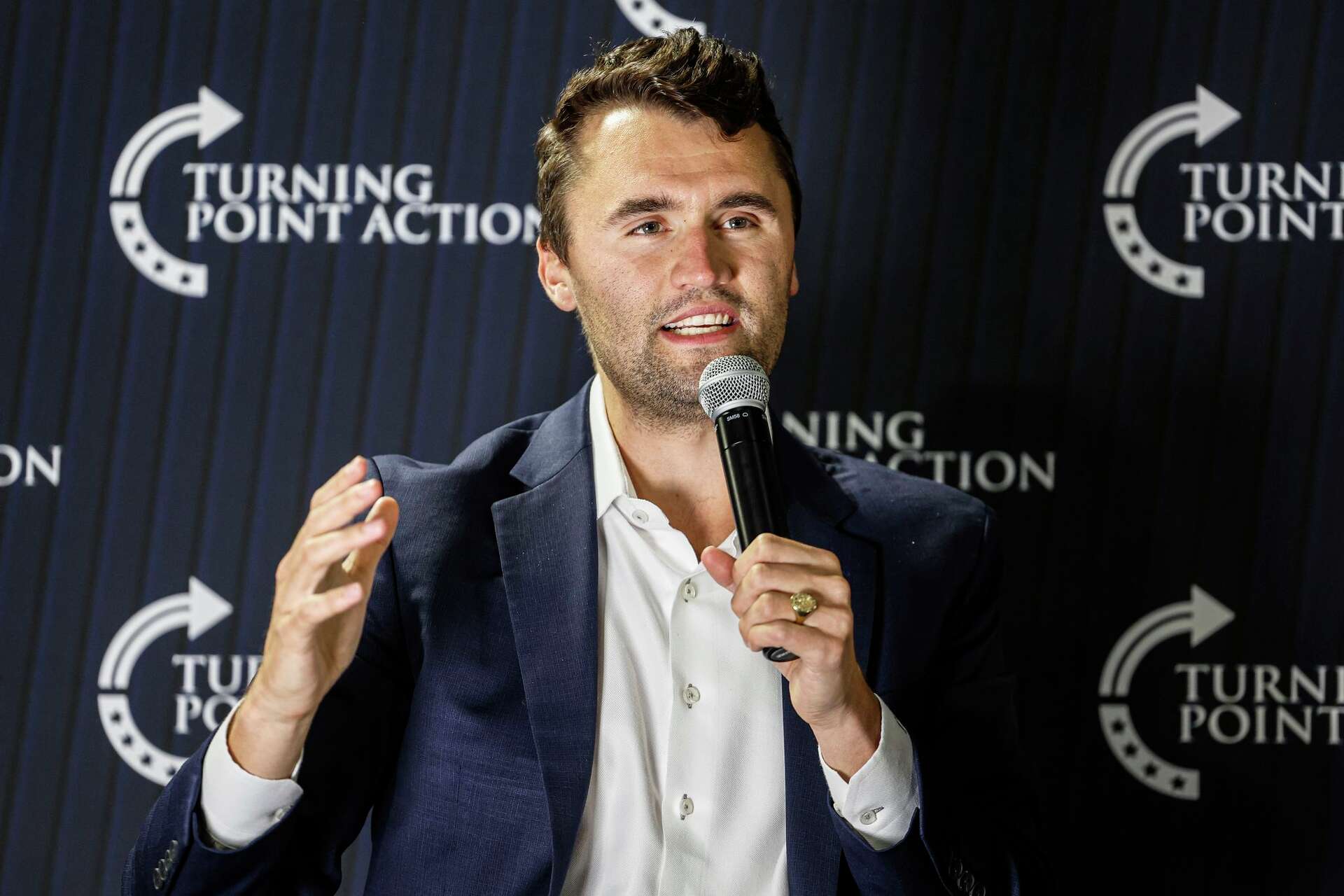Charlie Kirk’s rise shows how opinion drives power, profit, and risk in America. The imbalance of free speech matters for people, planet, and democracy. Why These Matter: The Imbalance of Power and the Weight of Words

In today’s America, opinion is not just expressed—it is engineered, monetised, and weaponised. Few figures illustrate this better than Charlie Kirk, the founder of Turning Point USA (TPUSA) and a prominent voice in the conservative movement.
Kirk has built a multimillion-dollar platform from the assertion that his worldview—not merely conservative, but strategically youthful and provocatively populist—represents “the silent majority.” His rise reveals something profound about modern America: the power of opinion is no longer measured by its truth but by its reach.
And the imbalance of that reach—who gets amplified, who gets silenced, and who pays the cost—is a story that matters far beyond partisan lines.

Founded in 2012, Turning Point USA began as a campus movement, aiming to bring free-market conservatism to college students. Within a decade, it became a national juggernaut:
• Annual budget: Over $55 million (as of 2022 filings).
• Reach: More than 3,000 campus chapters nationwide.
• Events: Student Action Summits that draw conservative celebrities, political leaders, and tens of thousands of young attendees.
Kirk himself has turned this into personal influence:
• A syndicated radio show, The Charlie Kirk Show.
• A close alliance with former President Donald Trump, often serving as a youth voice in Trump’s orbit.
• A seat in America’s polarised media ecosystem where outrage is currency.
“In a country where ideas compete for survival, Kirk has proven that influence is not earned by balance, but by amplification.”
America proclaims itself the land of free speech. Yet, as Mamdani’s candidacy revealed in another corner of politics, the reality is different depending on who you are, where you live, and how you look.
• Political Affiliation: A conservative voice like Kirk’s is amplified across Fox News, podcasts, and megachurches. Progressive voices of equal scale face algorithmic throttling, disinformation smears, or accusations of radicalism.
• Race and Identity: Black and brown activists who protest systemic injustice are often surveilled, discredited, or branded as threats. White conservative activists are more likely to be defended under the First or Second Amendments.
• Gender: Women—especially women of colour—face exponentially higher harassment when exercising free speech online, a cost rarely borne by men with similar platforms.
• Zip Code and Appearance: The same act of carrying a firearm can be read as patriotic in Montana and criminal in Harlem. The “Second Amendment” does not shield equally; it shields selectively.
This is the imbalance of power in the marketplace of opinion. It is not free speech if its protections depend on your proximity to whiteness, wealth, and political alignment.

The Second Amendment sits at the center of Kirk’s narrative universe. His organisation, Turning Point Action, has aligned itself with pro-gun messaging as part of the “freedom package.” Yet this is where the tension between protection and abuse emerges.
• Protection: The right to self-defence, enshrined in the Constitution, remains a core American value.
• Abuse: Gun violence in schools, places of worship, and public spaces has turned that right into a recurring public trauma.
• Reconstruction: What America needs is not abolition of the Second Amendment, but reconstruction—a rethinking of its scope in a society with AR-15s, digital marketplaces, and organised militias far beyond what the framers imagined.
“The Second Amendment cannot remain frozen in 1791 while the body count climbs in 2025.”

Kirk’s career reveals another uncomfortable truth: opinion is profitable.
• Corporate sponsorships: TPUSA has drawn millions from conservative donors like the Koch network, Foster Friess, and unnamed dark-money groups.
• Media ecosystems: Outrage-driven clips circulate on TikTok and YouTube, driving ad dollars to both platforms and political causes.
• Merchandise and branding: From hats to conference passes, TPUSA has turned activism into a consumer product.
The irony is stark: an organisation that rails against “liberal elites” has itself become an elite profit engine.

Kirk’s influence also highlights the selective scope of his opinion machine. Missing from his agenda are the broader systems—climate change, sustainability, human dignity—that define the survival of the people and planet.
• Climate: TPUSA’s messaging has often downplayed climate science or mocked green energy, despite rising climate disasters hitting red and blue states alike.
• People: Opinion in America often stops at culture war boundaries, ignoring systemic poverty, health inequity, and global responsibility.
• Planet: The earth, as always, is voiceless in this debate. Its only leverage is the storm, the flood, the fire.
This matters because opinion without accountability is noise dressed as freedom.
Charlie Kirk matters not only because of what he says, but because of what his rise reveals:
• Opinion as Influence: In today’s America, influence often outweighs expertise.
• Speech as Risk: For some, speech brings book deals; for others, it brings surveillance and imprisonment.
• The Imbalance: Whose speech is defended is not a question of law, but of politics, race, and identity.
“Free speech in America is free only for those who can afford its consequences.”

The power of Charlie Kirk’s opinion lies not in its intellectual weight but in its cultural gravity. He is a designer of narratives that mobilise millions, shape elections, and polarise public square debates.
But this is also why critique is necessary. The imbalance of opinion power—who gets to define truth, who profits from outrage, and who suffers from its fallout—threatens the integrity of democracy itself.
Speech must be defended, yes. But it must also be interrogated, reconstructed, and equalised across lines of race, gender, class, and geography. Otherwise, opinion ceases to be freedom and becomes a weapon wielded only by those who can afford its recoil.
Charlie Kirk is not the end of American democracy. He is its mirror. His story shows that freedom of speech, when left to imbalance, risks becoming the freedom to dominate rather than the freedom to express.
The challenge for America is not to silence Charlie Kirk, but to reconstruct the architecture of opinion—to ensure that every voice, whether from Astoria or Appalachia, Harlem or Houston, has equal weight in the public square.
Because until that reconstruction happens, the Power of Opinion will remain less about truth and more about power. And that is why it matters.

At the intersection of brain chemistry and human longing, intimacy between men reveals a landscape of vulnerability, reward, and identity. This article delves into how neural circuits, hormonal dynamics, and psychological frameworks undergird male-male intimacy—why it matters, why it unsettles, and why it offers one of the deepest paths to self-knowledge and human connection. By combining neuroscience, endocrinology, and relational psychology, this piece argues that male intimacy is not a peripheral luxury but a core human imperative: a frontier where biology and spirit collide.

AI is reshaping medicine from diagnostic tool to empathic collaborator — a transformation that redefines care, ethics, and the essence of healing itself.

Across alliances, borders, and institutions, power is increasingly exercised without trust. This article examines how legitimacy—not military strength or economic size—has become the decisive variable in global stability, and why its erosion now threatens international order.